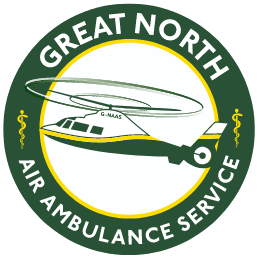After the news broke that blood supplies have fallen critically low in England, we are urging our supporters to donate their blood, if they can, to help save people’s lives.
For the first time ever, blood supplies have fallen critically low in England, and the levels of O-type blood, which is used by GNAAS, has dropped to below two days.
On our aircraft and rapid response vehicles we carry two units of red blood cells and two units of plasma and have administered blood transfusions since January 2015.
This has only been possible because of blood donors, and while we’re very grateful for everyone who has donated their blood to help others, sadly an amber alert has recently been issued on blood stocks.
This means hospitals have put measures in place to ensure blood remains available for those in greatest need. Any urgent, emergency or trauma surgery, cancer surgery and transplant surgery will still take place, but this could mean making difficult decisions to postpone some non-urgent elective surgeries.
The NHS usually has six days’ worth of blood stocks, but overall, they stand at 3.1 days with O-type blood falling below two days.
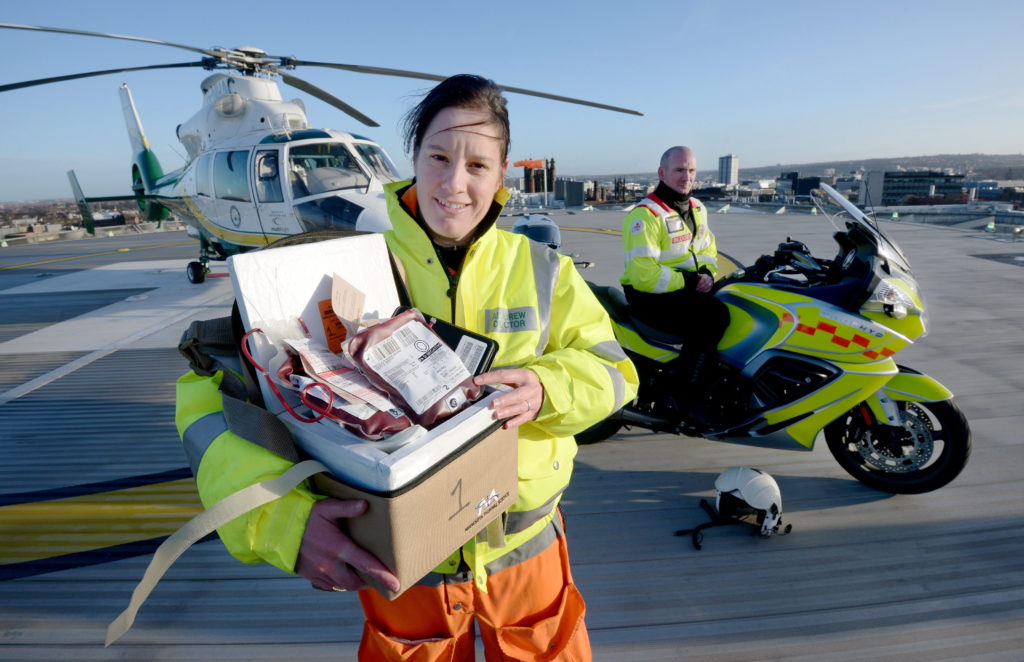

As blood can only be stored for 35 days, there is a constant need for donations – and a need for specific blood types.
O blood groups are in higher demand because O positive is the most common blood type, and O negative is a ‘universal blood type’ which can be administered to anyone, which makes it vitally important in an emergency or when a patient’s blood type is unknown.
We first started carrying blood on board in 2015, after GNAAS doctor Rachel Hawes OBE headed up a project in collaboration between the Newcastle Hospitals, GNAAS and volunteers from the Cumbria and Northumbria Blood Bikes.
Rachel used her experiences gained during military deployment in Afghanistan as the basis for the idea for the scheme and adapted this to a system suitable for the North East and Cumbria.
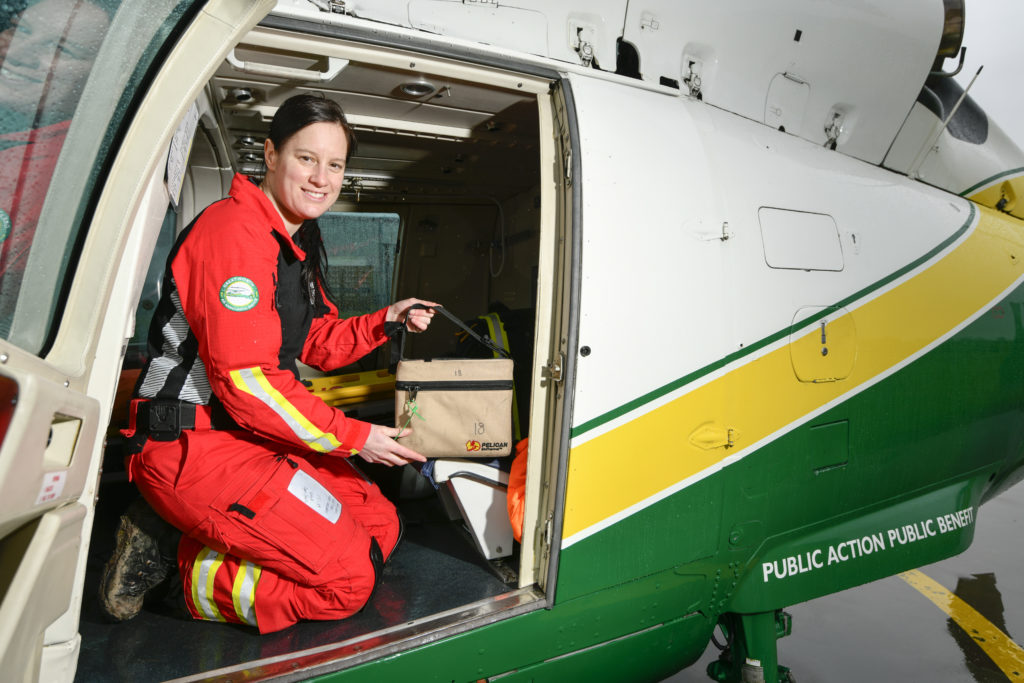

For the first year we delivered red blood cell transfusions which replaced the lost blood and helped carry oxygen to all the major organs.
However in 2016 we introduced administering defrosted fresh frozen plasma, as it provides vital clotting components to help blood clots to form and to stop bleeding.
Giving a balanced transfusion, using equal volumes of red blood cells and plasma, means more patients arrive at hospital with their bleeding under control and minimal abnormal clotting. It’s also led to patients requiring fewer transfusions in hospital.
In 2018 Rachel was awarded an OBE in recognition of her pioneering work and this year we reached the phenomenal milestone of delivering blood transfusions to 500 patients.
Speaking about the project, Dr Hawes OBE said: “It’s been such a rewarding experience and I can’t believe we’ve now treated 500 patients.
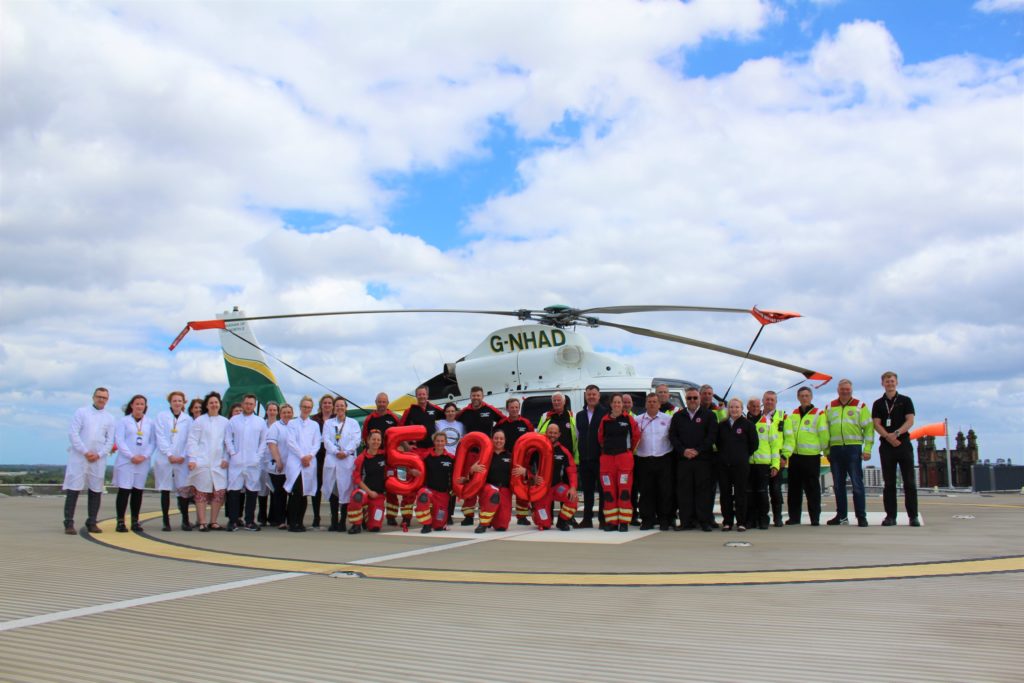

Read more about the ‘500 patients’ milestone here
“Knowing that it’s potentially helped to save the lives of people in our communities in the North East and Cumbria has been one of the highlights of my career.
“Delivering this project has been down to teamwork on every level and we wouldn’t be able to run this service without all of their hard work.
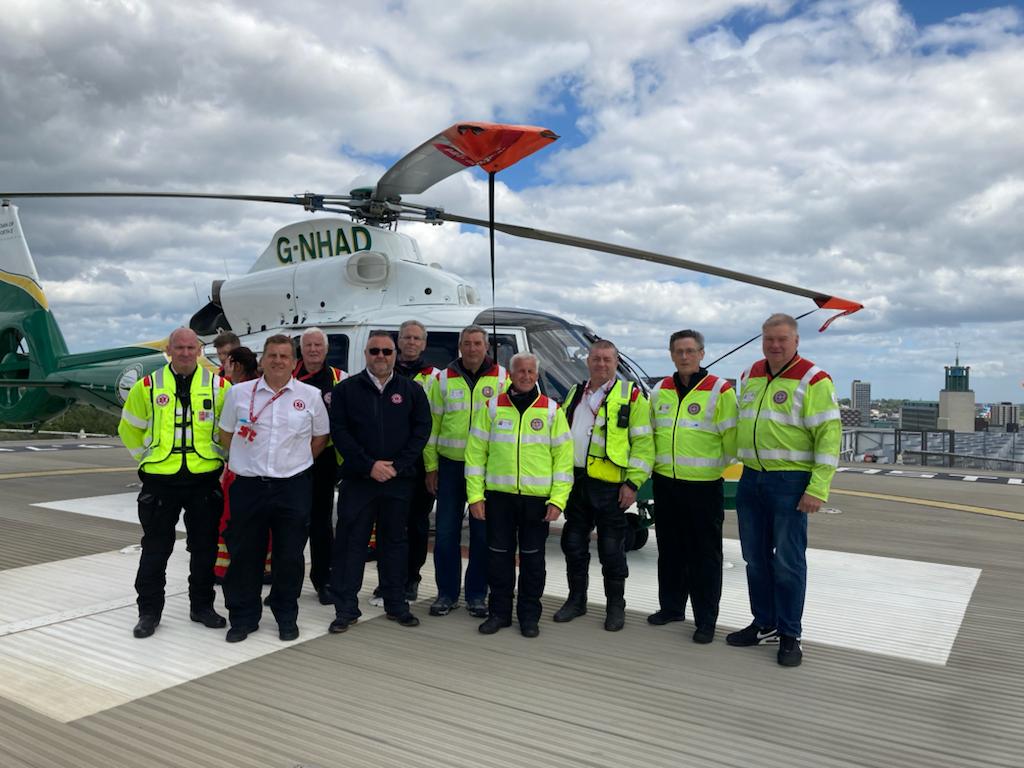

Read more about the work of the Blood Bikes here
“The transfusion lab team at the RVI do all the unseen work in the background to prepare and package up the units for us and make sure it’s all safe, and the teams from Northumbria Blood Bikes and Blood Bikes Cumbria provide a daily delivery service to both of our air bases 365 days per year come rain or shine.
“This saves GNAAS approximately £50,000 in delivery costs per year alone so without them, we just couldn’t afford to run the service.”
To book an appointment to donate blood please visit blood.co.uk

